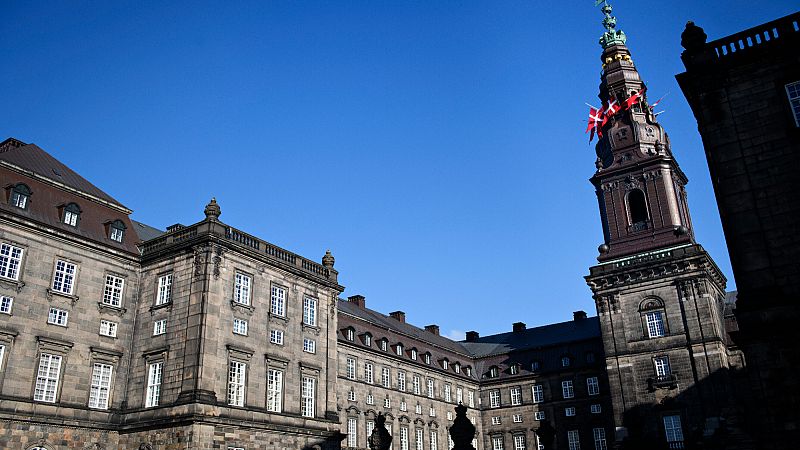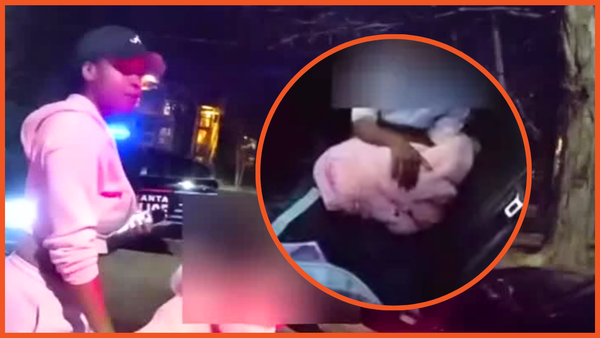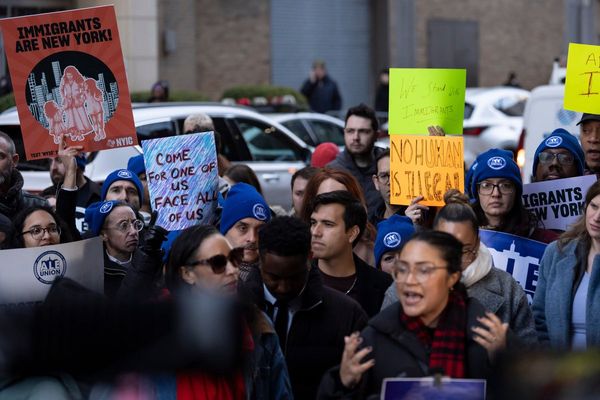
Denmark will give people copyright over their own likenesses as a way to fight back against generated “deepfake” videos, as countries around the world grapple with the rapid rise of artificial intelligence (AI).
In a statement, the Danish government said the bill, which has been agreed upon by all major parties, will make it illegal to share deepfakes and other “digital imitations” of a person’s characteristics.
“We are now sending an unequivocal signal to all citizens that you have the right to your own body, your own voice and your own facial features,” Denmark’s culture minister Jakob Engel-Schmidt said in a statement.
Deepfakes are videos or other online content generated by AI that alter a person, often in a way to spread false information or to embarrass them.
“Technology is developing rapidly, and in the future it will be even more difficult to distinguish reality from fiction in the digital world,” Engel-Schmidt said, adding that the new law will be a “safeguard against misinformation” and will also “send a clear signal to the tech giants”.
Denmark is not the only country tackling deepfakes through new laws. Here’s where else in Europe is taking action.
European Union
The EU’s AI Act classifies anything created by generative AI in one of four categories: minimal risk, limited risk, high-risk, and unacceptable risk. Deepfakes are considered “limited risk” and are therefore subject to some transparency rules.
That means there is no outright ban on deepfakes, but it forces companies to label AI-generated content on their platforms by putting watermarks on the videos, and to disclose which training sets are being used to develop their models.
If an AI company is found in breach of transparency rules, it could face a fine of up to €15 million or 3 per cent of its global turnover from the past year. That fine goes up to €35 million or 7 per cent of global turnover for banned practices.
Another article of the AI Act also bans manipulative AI, which could include systems that use subliminal or deceptive techniques to “impair informed decision-making”.
Some legal action focuses on pornography and other sexual content. For example, the EU’s directive on violence against women criminalises the “non-consensual production, manipulation or altering… of material that makes it appear as though a person is engaged in sexual activities”.
The directive includes the production of deepfakes or any materials created using AI. It doesn’t specify what the penalty should be if an individual or company is found in violation of the directive, leaving it up to each EU member state to decide.
EU member states have until June 2027 to implement the rule.
France’s digital spaces law
In 2024, France passed an update to its criminal code to prohibit people from sharing any AI-created visual or audio content, such as deepfakes, without the consent of the person portrayed in it. Any reshared content must be clearly disclosed as AI-generated.
Distributors of these videos or audio could face up to a year in prison and a €15,000 fine; the penalty goes up to two years in prison and a €45,000 fine if the deepfake is shared through an “online service”.
The changes to the criminal code also include a specific ban on pornographic deepfakes – even if it has clear markings that indicate it is fake.
Anyone caught distributing this content in France could face up to three years in prison and a €75,000 fine.
The law also gives Arcom, France’s audiovisual regulator, the power to force platforms to remove illicit content and improve their reporting systems.
Two-year sentence in the UK for deepfake porn
The UK has several laws that deal with the creation of deepfake pornography, including the recent amendments to the Data (Use and Access) Bill.
The law targets “heinous abusers” that create fake images for “sexual gratification or to cause alarm, distress or humiliation”. Violators could face an “unlimited fine”.
Another recent addition is a possible two-year prison sentence under the UK’s Sexual Offenses Act for those who create sexual deepfakes.
The UK’s Online Safety Act makes it illegal to share or threaten to share non-consensual sexual images on social media.
The act will also force platforms to “take steps to proactively remove this material” and prevent it from appearing in the first place. If they breach the law, companies could face fines of up to 10 per cent of their worldwide revenue from UK internet regulator Ofcom.
However, Julia Hörnle, a professor at the Queen Mary University School of Law, said the Online Safety Act doesn’t outright make the creation of deepfake images illegal, which “leaves victims vulnerable to harm even if the content is never shared publicly”.
She said the UK government should also address the “availability” of AI tools to create deepfakes by finding a way to criminalise “the development, distribution, and promotion of these tools”.







